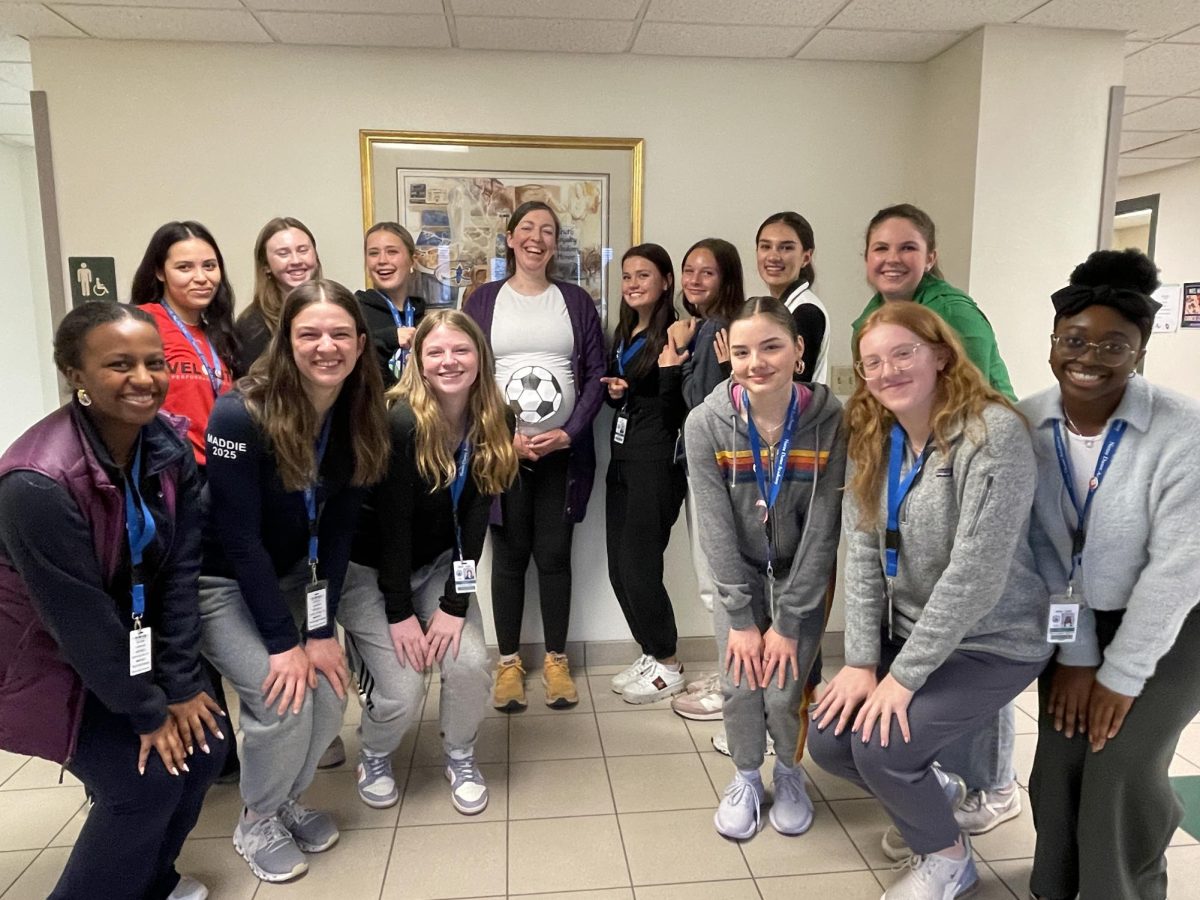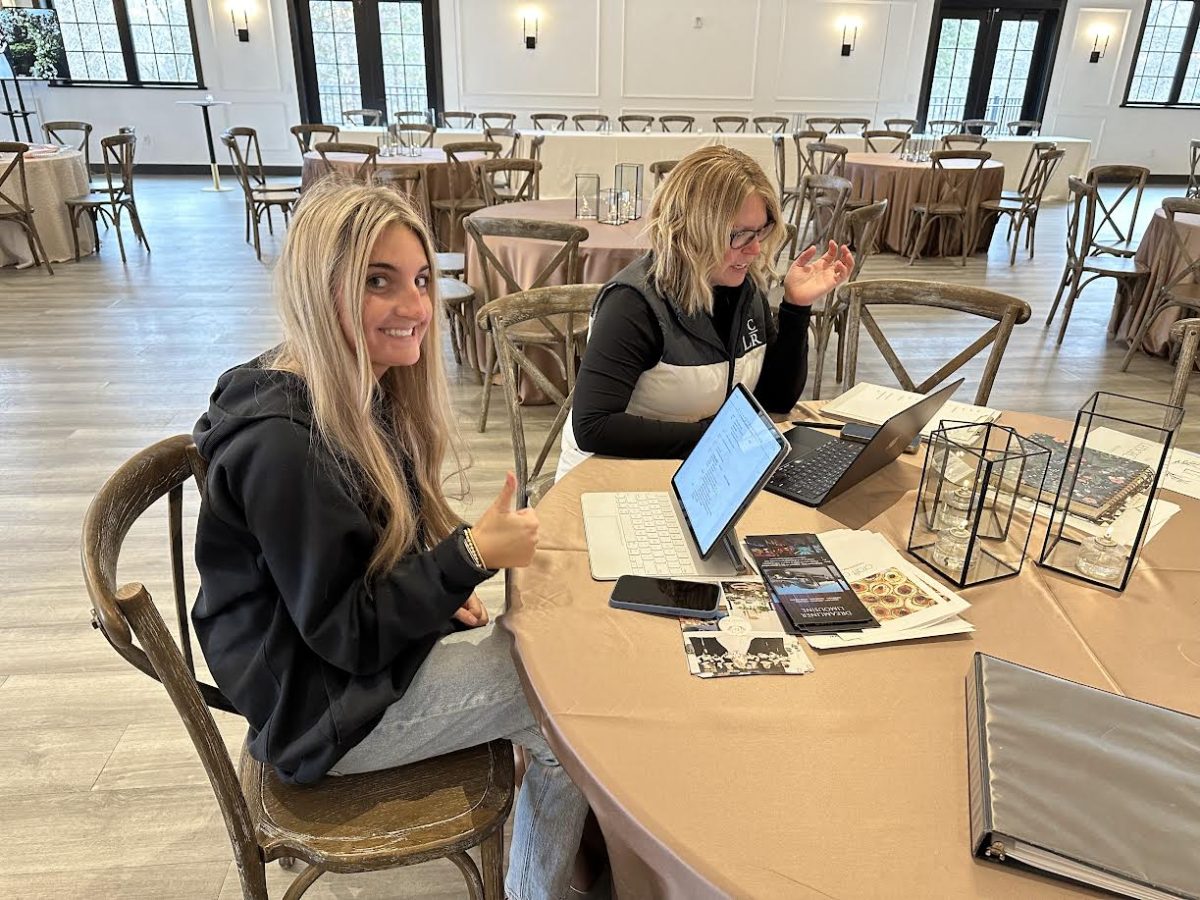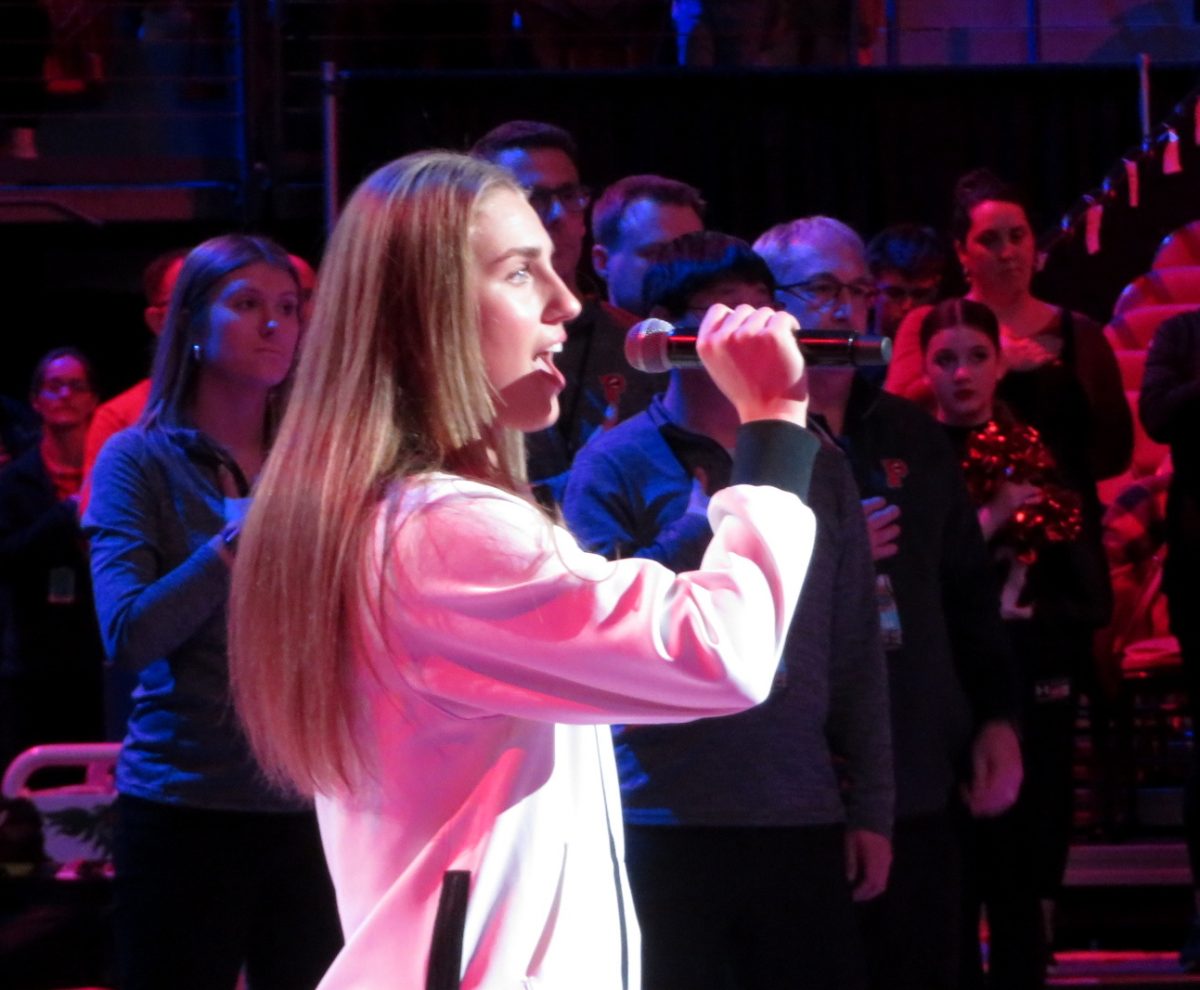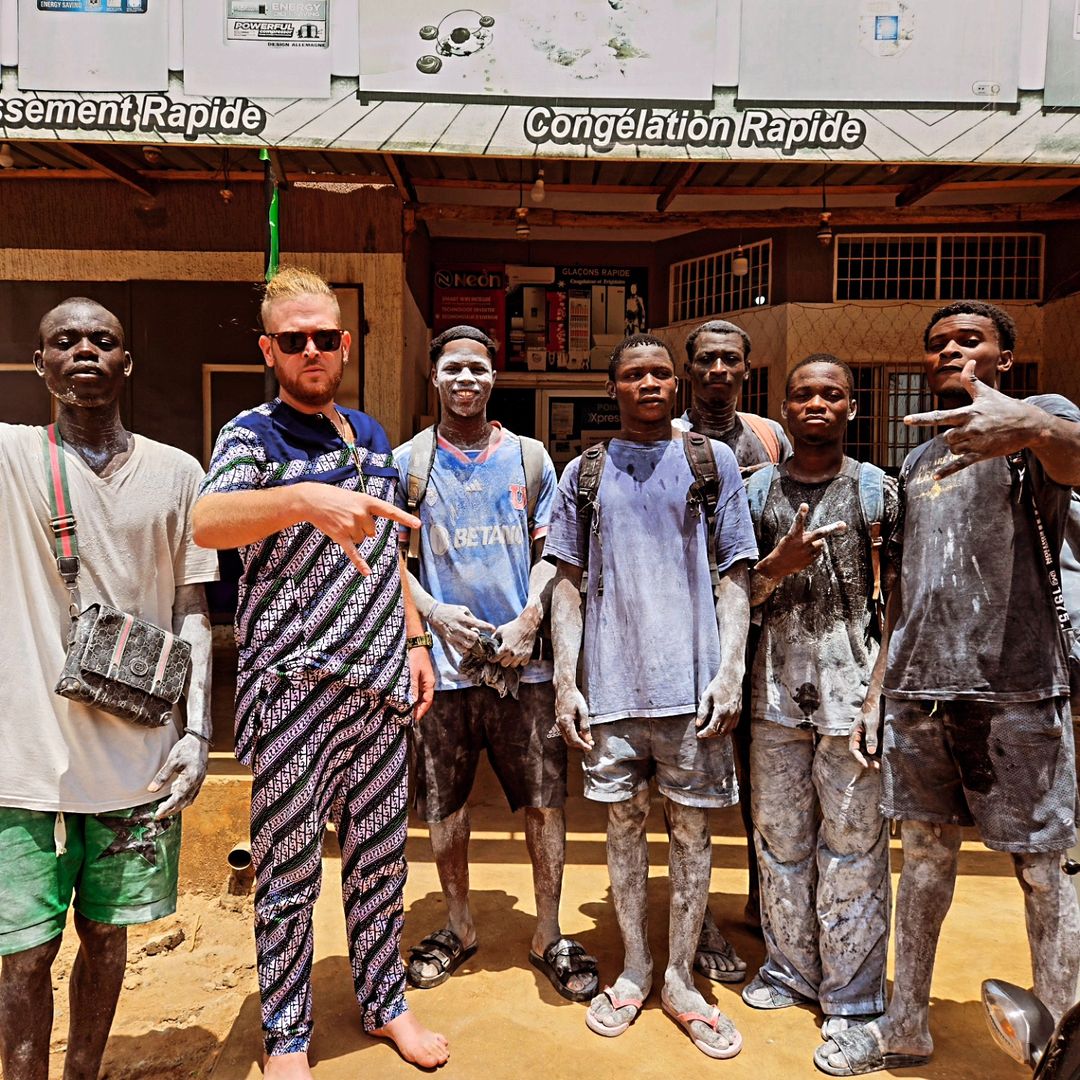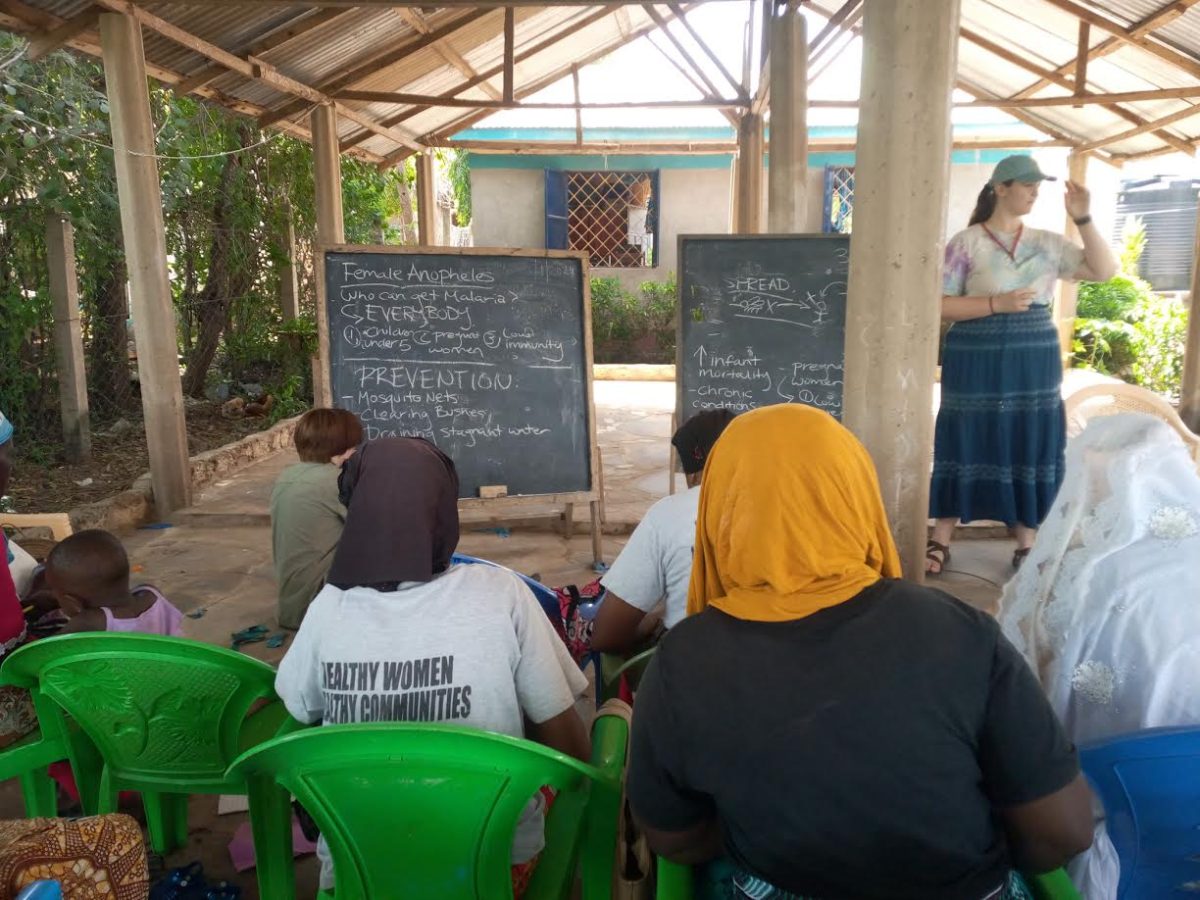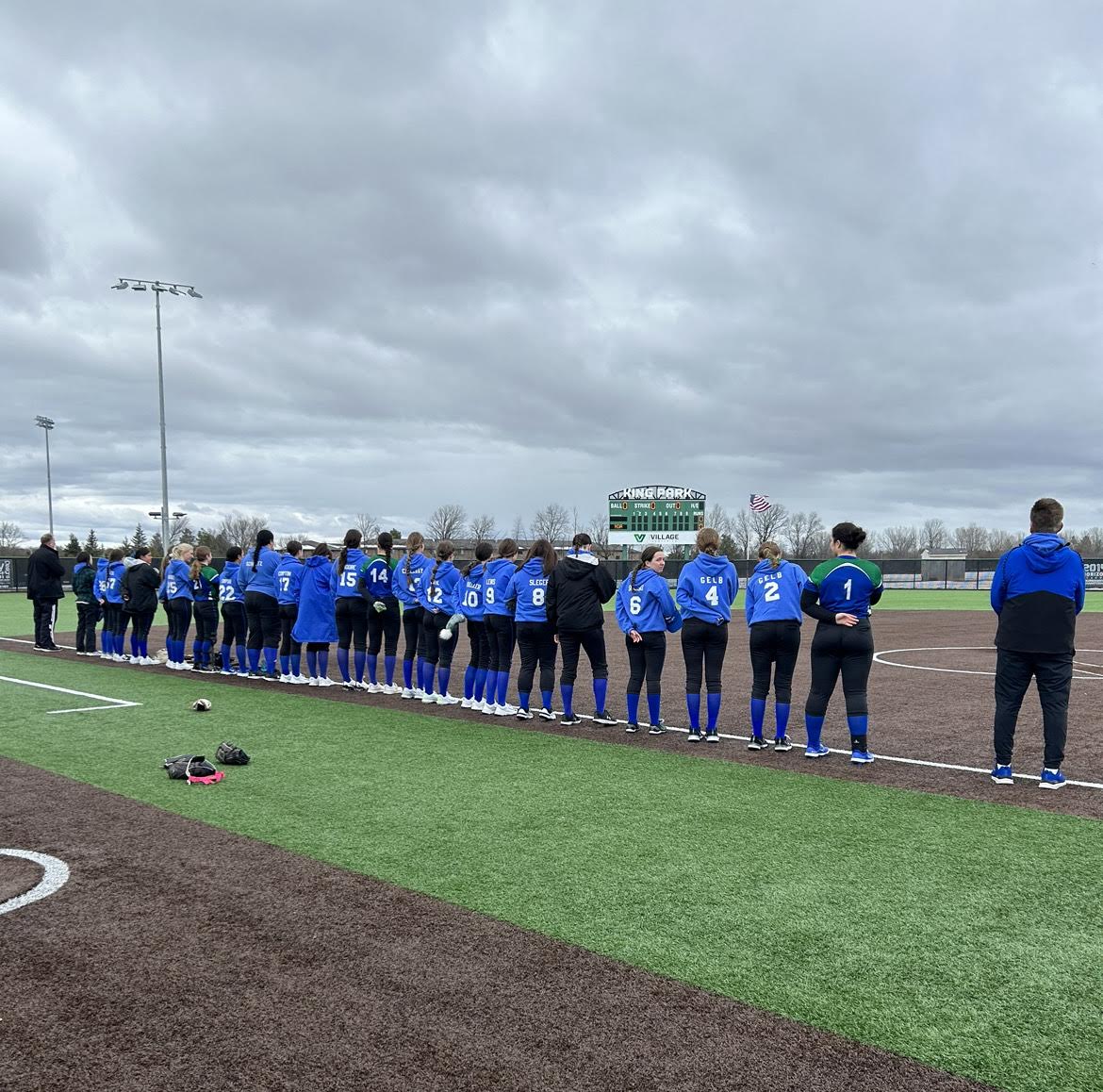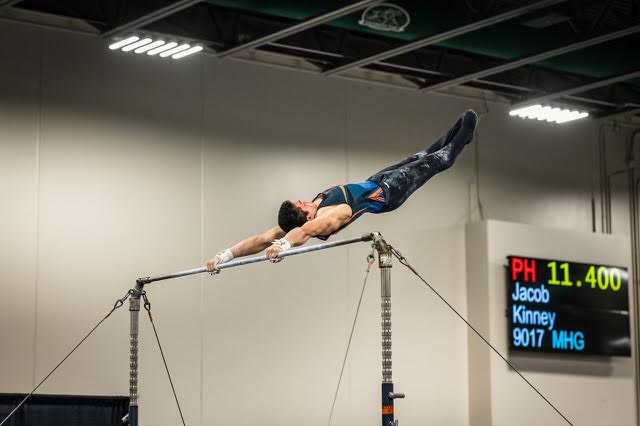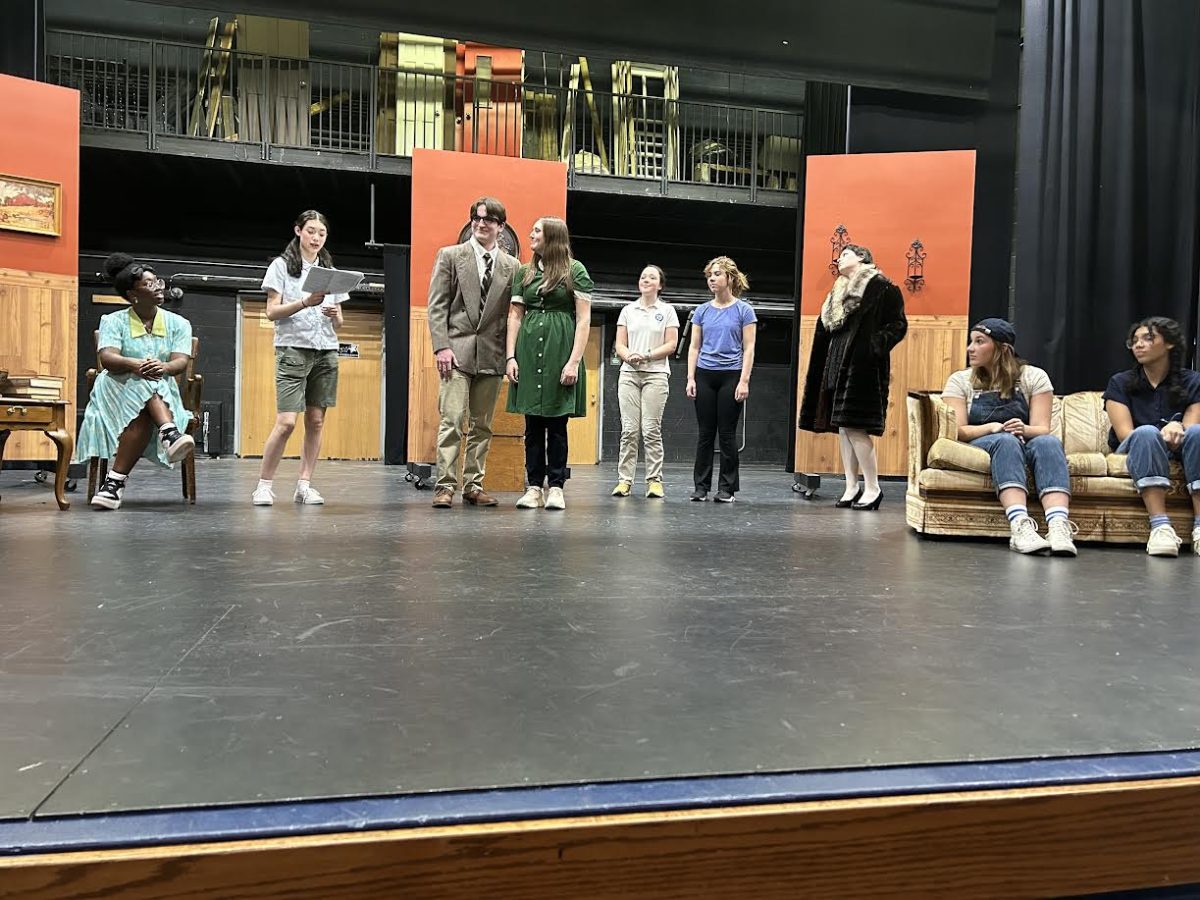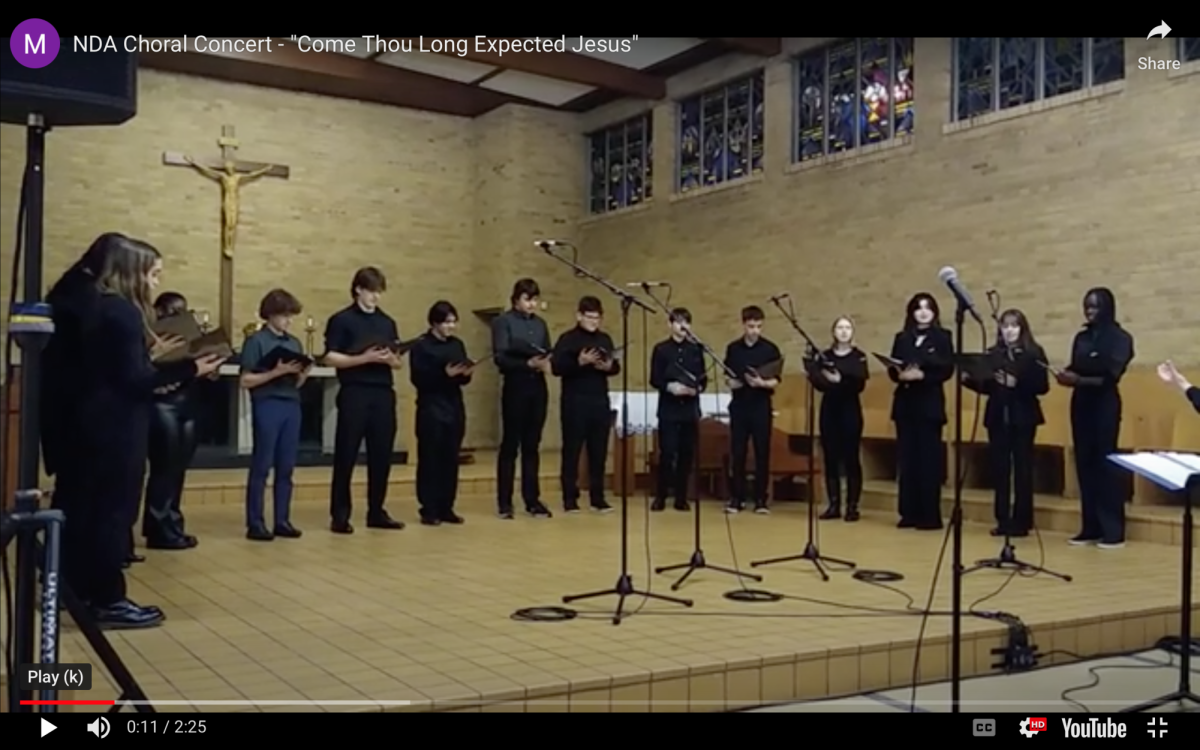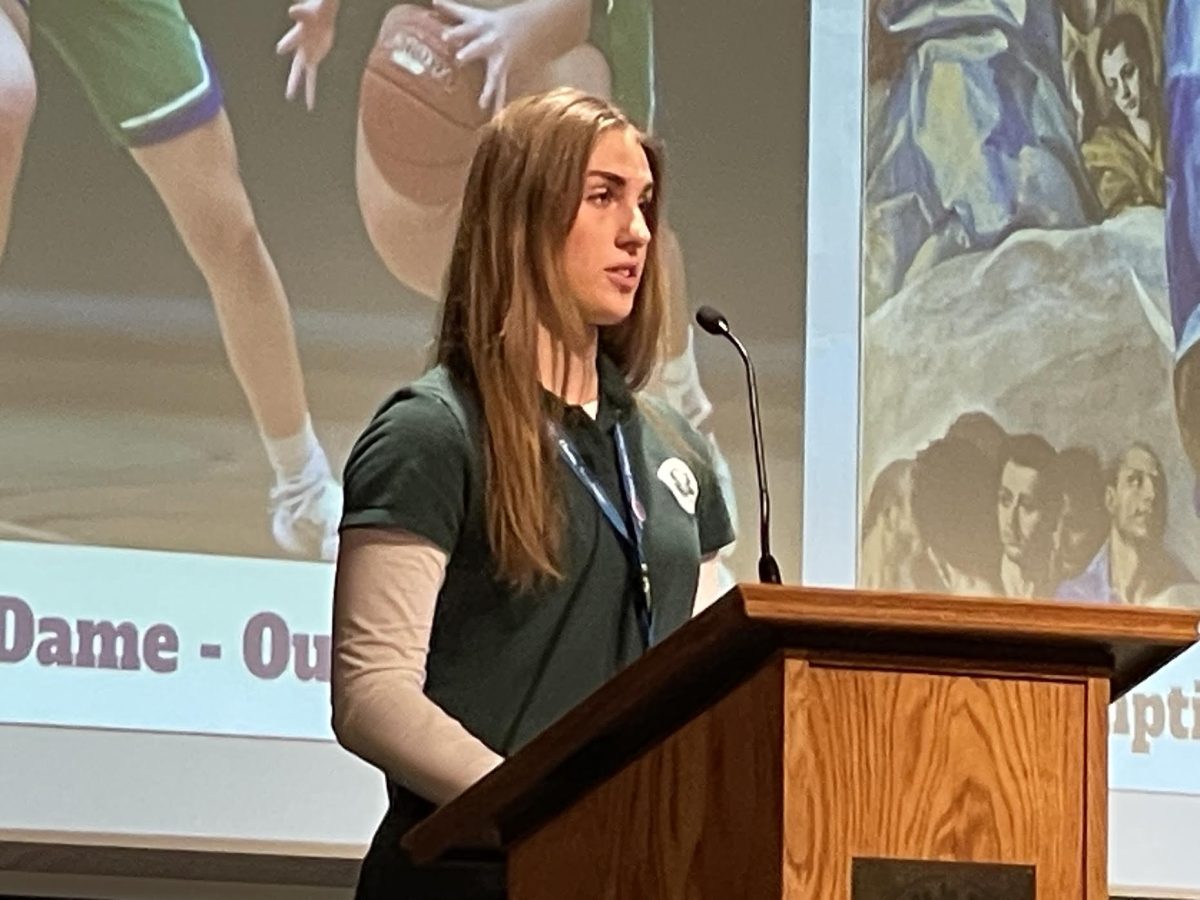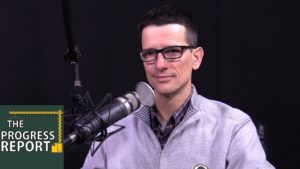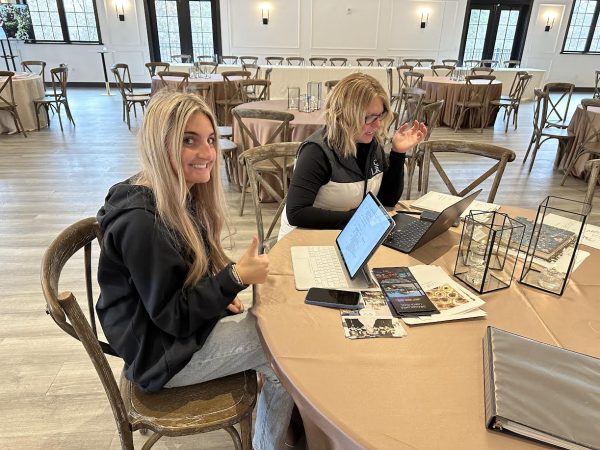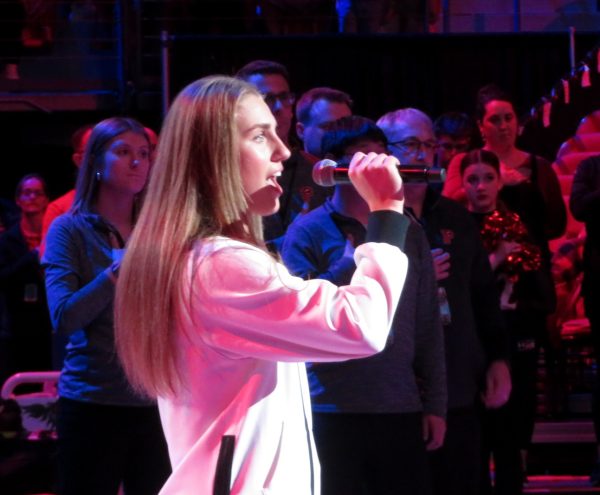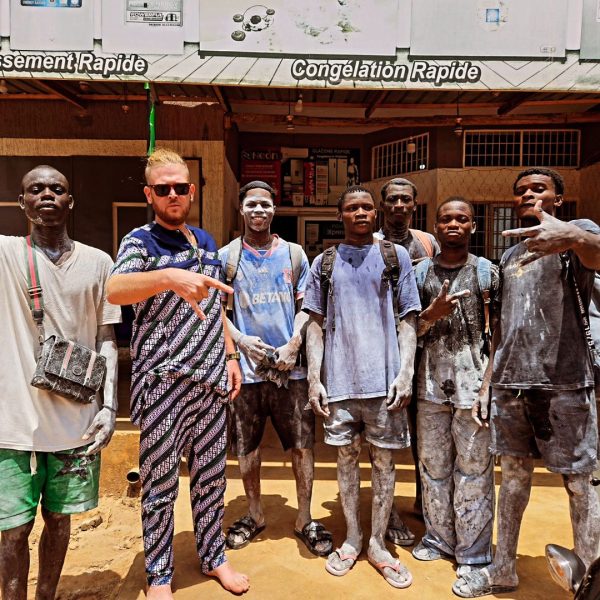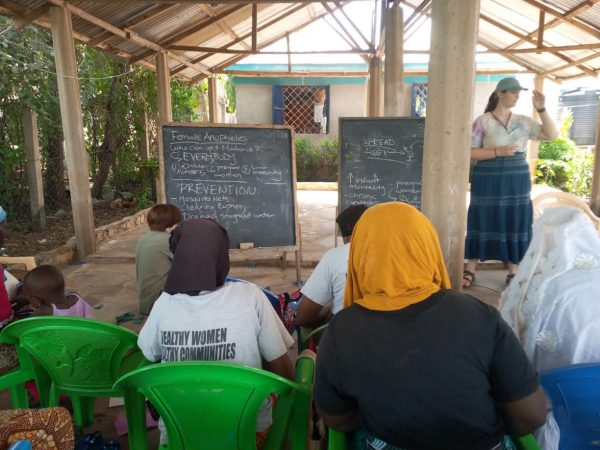Students Share ‘March for Life’ Experience in D.C.
January 31, 2019
We live in a time of peaceful protest, a protest revolutionized by MLK that has been used for decades by people who wish to take a stand for what they believe in. Every year, students from NDA join the ranks of thousands marching on the US capital to protest the legalization of abortion in the annual “March for Life.”
James Kanning, a senior at the Academy has embarked on this trip for the last four years, “I’ve actually only marched three times. My freshman year in 2016 we spent about 15 hours in DC before flying out again, in order to avoid the incoming snowpocalypse.” (A phenomenon we are all familiar with here in Wisconsin.)
“On the march itself, you see people of every age, faith and political affiliation, from atheists to Catholic nuns, Republicans to Democrats, babies in strollers and the elderly,” he said.
Kanning was joined on the march by junior Howie Gerstner, “This was my second year at the march with St. Bernard’s parish,” shared Howie. “Both trips have been distinctly different, but equally impactful.”
Kanning is a devout Catholic who is “intellectually” pro-life. He believes that “abortion is a serious evil, which we as a society allow,” and feels compelled to march and advocate for change whenever he can.
Kanning feels obligated to do two things. “First I am obligated to do whatever I can through my presence in a march or prayers to end the allowance of an evil. Secondly, reparation is owed to God from all the times this crime has been committed, so through my prayers and presence I want to make whatever reparation I can to Him.”
Gerstner agreed with Kanning. “My motivation is purely one of logic and seeing the unborn as humans. In this simple distinction, I align myself with giving these beings the human rights given to any other human. At this time in our society, these rights are not extended to this group, and it is anyone’s obligation that believes in the movement to advocate for legal and fundamental change.”
“As people gather for the march, the mood is a weird mixture of a lot of joy and a little sorrow,” recalled Kanning. “Those in prayer tend to be more somber or even sorrowful, in face of the evil which is compelling them to pray. The majority of people, however, are talking, laughing and singing different songs and acting joyful.”
Like any march, chanting and singing can be overheard. “I can also say that there’s an atmosphere of solidarity which I feel with everyone I’m marching with,” remembered Kanning.
The march concludes with women’s testimonies on the steps of the Supreme Court building.
“There are stories of being manipulated into having abortions, being pressured by parents or boyfriends, even freely choosing to have abortions. All of the women’s stories are united in the regret and sorrow they have for their choice, and they are united by a hopeful note as well. They have found forgiveness through community and through the mercy of Jesus Christ,” Kanning explained.
Gerstner felt the excitement and anticipation in the air at the beginning of the march. “There is a sense of drive, rooted in knowing we are hundreds of thousands of people advocating for the truth.”
To those who may have misconceptions about the pro-life movement, Kanning urges people to regard it as more than a political opinion. “The issue of abortion is a matter of good vs. evil, and most people upon hearing that will blow it off. There are people of every political affiliation and faith present on the march because regardless of our opinions in those matters good is always good and evil is always evil.”
“I would say that every woman should have the right to make all decisions in regard to her own body, but I would also argue that an in-utero being is its own being and has its own body from conception and should therefore be seen as a separate body. It should not be the woman’s choice to terminate the life of an in-utero being,” he continued.
Gerstner hopes that people realize the pro-life movement is more complex than many believe. “I think people believe the movement is purely based out of indoctrinated thinking. The pro-life movement is about a fundamental human right. The right to life,” he said.


